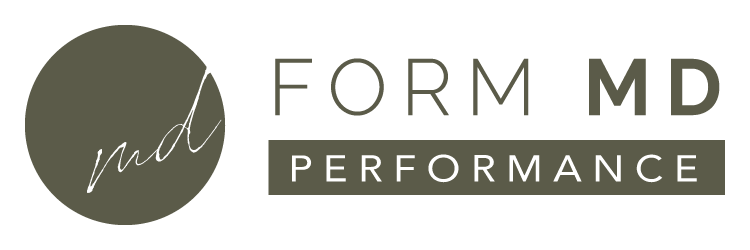hCG therapy for low testosterone is a safe and effective solution for men struggling with symptoms of hormonal imbalance. Testosterone plays a crucial role in men’s overall health, influencing energy levels, muscle mass, mood, and sexual function. However, as men age, testosterone levels naturally decline, leading to unwanted symptoms that affect quality of life. Fortunately, hCG therapy can help restore balance and vitality. In this article, we’ll explore how hCG therapy works, its benefits, and why it may be the right treatment option for you.

How Does hCG Therapy for Low Testosterone Work?
hCG therapy works by stimulating the testicles to produce more testosterone. Unlike synthetic testosterone, which can suppress natural hormone production, hCG supports the body’s ability to maintain and regulate testosterone levels. This makes it a preferred option for men who wish to preserve fertility while managing symptoms of low testosterone.
Benefits of hCG Therapy for Low Testosterone
Men who undergo hCG therapy may experience:
- Increased energy and stamina
- Improved libido and sexual performance
- Enhanced mood and mental clarity
- Preservation of sperm production and fertility
- Increased muscle mass and strength
Who Can Benefit from hCG Therapy?
hCG therapy is designed for men experiencing symptoms of low testosterone, including:
- Chronic fatigue and low energy levels
- Reduced muscle mass and increased body fat
- Decreased libido and erectile dysfunction
- Mood swings, irritability, or depression
It is especially beneficial for men who wish to increase testosterone levels while maintaining fertility, as traditional TRT can suppress sperm production.
How Is hCG Therapy for Low Testosterone Administered?
hCG therapy can be administered in several ways. The most common methods include:
hCG Injections
Injections are the most effective form of hCG therapy. They can be administered subcutaneously (under the skin) or intramuscularly (into the muscle). Most patients receive injections a few times per week as prescribed by a healthcare provider.
Nasal Spray
A less common but convenient method, hCG nasal spray allows absorption through the nasal mucosa. However, its effectiveness varies between individuals.
Oral Drops
Some providers offer hCG in liquid drop form, placed under the tongue. While easy to use, this method is less commonly recommended due to potential absorption inconsistencies.

Potential Risks and Side Effects of hCG Therapy
While hCG therapy is generally safe, some individuals may experience side effects, including:
- Mild pain or swelling at the injection site
- Mood fluctuations, such as irritability or aggression
- Acne or oily skin
- Gynecomastia (breast tissue enlargement in men)
- Headaches or dizziness
To minimize risks, patients should work closely with a qualified healthcare provider who can monitor hormone levels and adjust treatment as needed.
Why Choose Form MD Performance for hCG Therapy?
Form MD Performance specializes in hormone optimization, providing customized hCG therapy for low testosterone. Our experienced medical professionals in Orange County, CA, tailor treatments to meet each patient’s unique needs. We focus on:
- Comprehensive hormone testing and analysis
- Personalized treatment plans
- Ongoing monitoring and support
- A patient-centered approach for optimal results
Book a Consultation for hCG Therapy Today
If you are experiencing symptoms of low testosterone, hCG therapy may be the solution you need. At Form MD Performance, we offer expert guidance and personalized treatments to help you restore your hormone balance and regain vitality.

Take the first step today—book a consultation with our specialists and discover how hCG therapy for low testosterone can improve your health and well-being.





